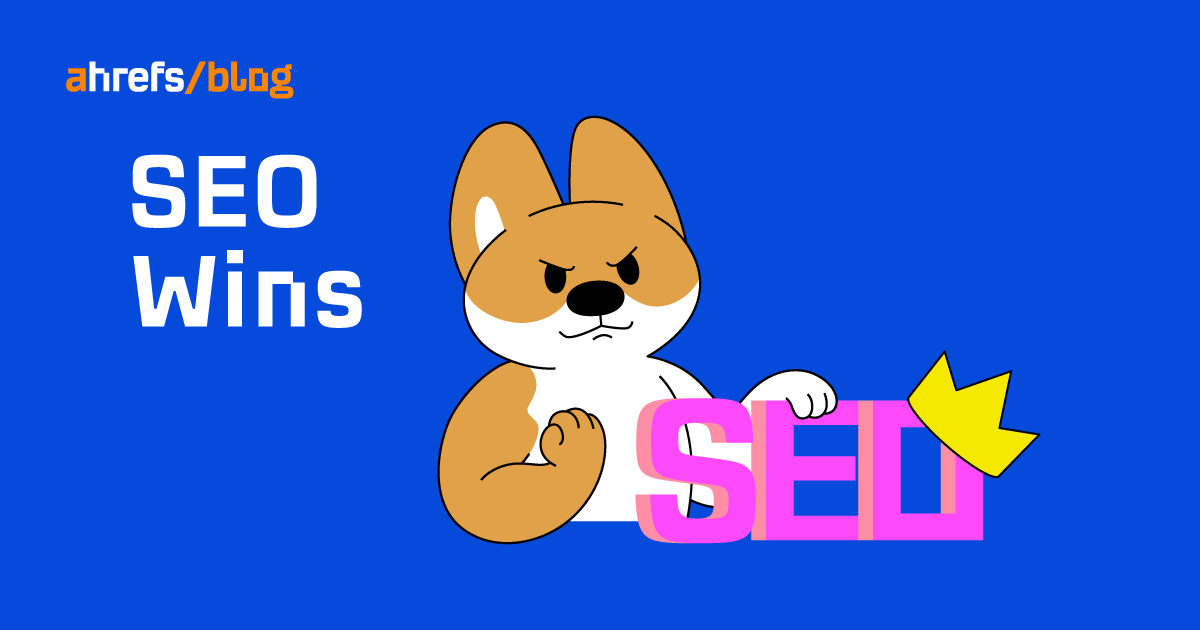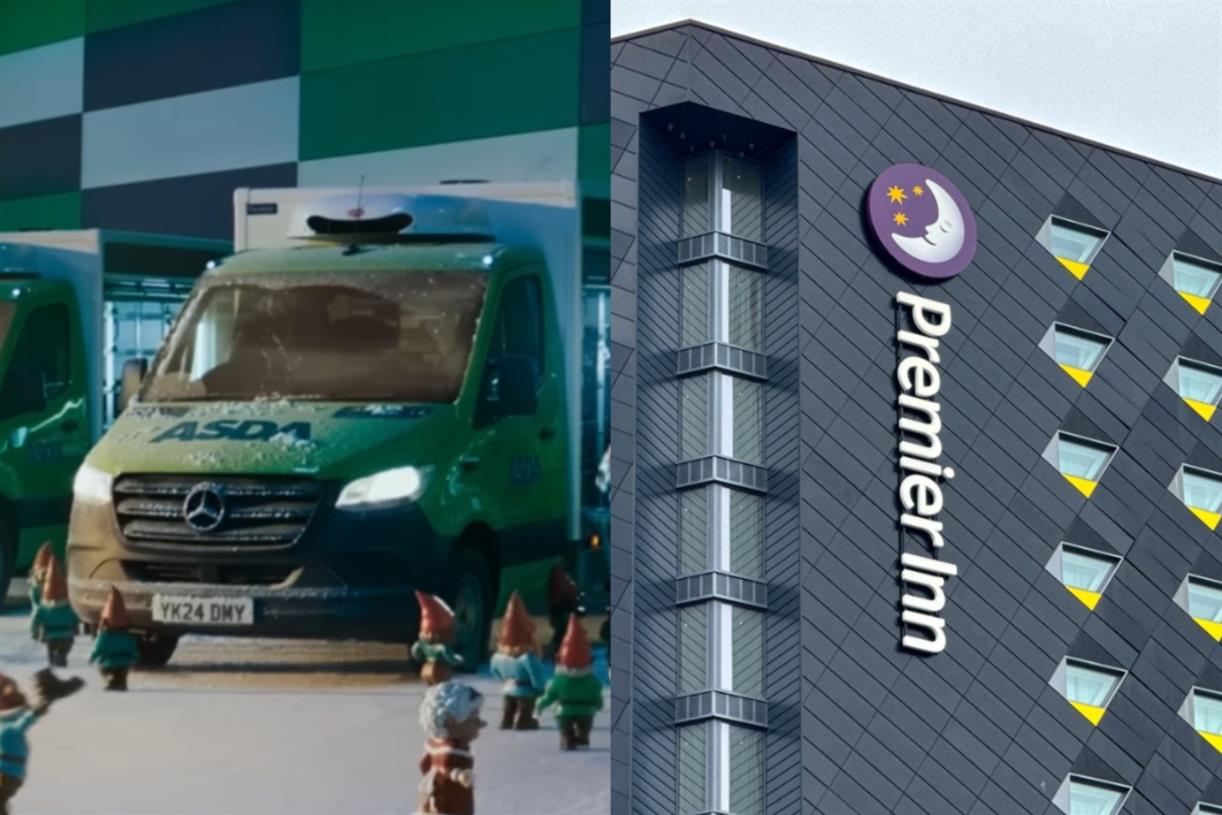How to Leverage Multiple Partnerships in a Brand Activation
To boost the visibility and reach of a brand activation, nothing beats collaborating with multiple partners. Bringing many organizations together also brings their audiences together, which gives partners access to new people with related interests. But that’s not the...

To boost the visibility and reach of a brand activation, nothing beats collaborating with multiple partners. Bringing many organizations together also brings their audiences together, which gives partners access to new people with related interests.
But that’s not the only benefit of creating brand activations with multiple partners. This approach to marketing can be leveraged in many ways.
The Advantages of Multiple Partnerships for Activations
First, remember that there is strength in numbers. Involving more partners creates more energy, and having people from different organizations play off each other is not only fun, but can have a positive impact on team morale.
From the consumers’ point of view, seeing different participants engage each other in a positive, natural way also looks inviting. After all, customers want to join high-energy groups and have fun, too. In this way, adding partners can make your brand activation more attractive or interesting to possible end users.
For some events, splitting costs may be possible, which saves all the partners money, meaning activations can see a much greater return on investment. Anything that makes marketing efforts more cost-effective while boosting their chances of success is worth the time and effort.
Finally, collaborating with other organizations can help you see how other teams work. In my experience, sitting in on your partners’ management and marketing processes can be educational. These interactions can spark new ideas, and you can learn new processes and practices.
The Snowball Effect
Once you get one partner for a brand activation, it becomes easier to attract others. A snowball effect often takes place — now that your initial partner has given you strength in numbers, a sense of “fear of missing out” can start to set in for prospective new partners.
Once you conduct an effective brand activation with a given partner, it also becomes easier to do so again. You can work together even better next time, making revisions on upcoming campaigns based on real data from the first.
These partnerships can become long-term relationships. Over time, you and your collaborators can work together to refine your marketing efforts — testing, measuring, and adapting. In the process, you can attain ever greater levels of success.
Avoiding Common Pitfalls when Leveraging Multiple Partnerships
Like any relationship, willingness to listen to the other and display compassion needs to be combined with active work on these professional partnerships for them to thrive and remain healthy.
Perhaps most importantly, brand activations that leverage multiple partners need to be beneficial for all parties. Once things become a one-way street, relations tend to go sideways. Constant communication and a collaborative problem-solving approach are extremely important to keep things running smoothly.
It’s also wise to limit the number of brands involved. When too many partners try to collaborate on a single activation, it creates a reverse effect, with participants fighting to shape the message and capture their share of attention. This becomes dysfunctional and can create negative experiences for the consumer.
Conflict like this is counterproductive. In my experience, once you go over three brands, the message tends to become confused and the potential for divisiveness rises.
How to Choose the Right Partners
To choose the right partners, start by thinking about your target customers’ DNA. What are their likes and interests? Push yourself to go beyond their demographics. Get into their heads to understand them more holistically.
One way to do this is to create a profile of your target audience that explores their likely psychographics. This approach considers how different types of people tend to think and what they usually believe, as well as their common desires and fears.
Next, consider which products or services this audience needs that you are not providing. What problems do your target audience typically confront that your products or services don’t solve? Then, identify companies that are meeting those other needs. Those are your potential strategic partners.
Still, not every brand is going to align with yours, so it’s now necessary to consider how congruent a potential association would actually be. You should only approach those companies that strike a similar tone to yours and address the same socioeconomic bracket.
Before you reach out to potential partners, however, you should think about your own business’s strengths and weaknesses. Where can you provide the most value? What does your team or products do exceptionally well? How can you help a given prospective partner? How can you create solutions or business opportunities for them?
To be successful, your pitch to potential partners cannot focus on what you want and how your company would benefit. Instead, you need to explain the value you would bring to the partnership. When it comes time to reach out to possible strategic partners, start with those with the most compelling reason to partner with your business due to the value you can bring them.
You are Not Alone
Going it alone is rarely a good idea in business, where strategic partnerships provide vital support. Leveraging multiple partners in a brand activation promises many benefits, most of which you won’t even uncover until you actually execute it. That’s the part I love — the unknown piece, the impossible-to-imagine greater good that comes from creating and executing a successful engagement.
You also don’t have to go it alone when it comes to creating and developing these strategic partnerships. Marketing agencies can research possible partnerships, provide objective advice about them, and serve as a conduit for initiating connections. In addition, bringing such an agency on board can facilitate communication among partners, which becomes especially helpful during challenging times.
Your success as a business owner or leader is paramount, and leveraging multiple partnerships for brand activations can help you achieve it. Whether or not you choose to work with an agency, your efforts in this direction will be amply rewarded.

 Koichiko
Koichiko 
































